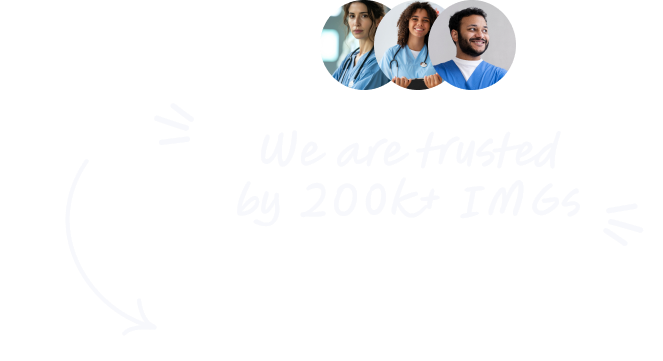The Caribbean Myth
Many US International Medical Graduates (US IMGs) from Caribbean medical schools often face unique challenges and misconceptions regarding their education. These graduates receive medical training that parallels the education provided to their counterparts in the US, yet they are still categorized as IMGs when applying for residencies in the United States. This dual identity can lead to misunderstandings about the quality and content of their education, causing unnecessary worry and anxiety among Caribbean graduates.
Caribbean medical schools are known to be rigorous, often following a curriculum similar to those used in the US, including teaching in English and preparing students for the same USMLE exams that US medical students take. Despite this, some may still view these graduates differently, primarily because of their international status rather than the quality of their education.
For Caribbean IMGs, it's important to effectively communicate the equivalency of their education and clinical training to residency programs and peers. They should also focus on dispelling myths and clarifying any misconceptions through open dialogue and by showcasing their clinical competencies and academic achievements during the residency application process. This approach can help reduce the stigma and ensure they are evaluated on their merits rather than their school's geographic location.
Residency programs value non-Caribbean IMGs over Caribbean IMGs.
It's a common misconception among Caribbean IMGs that they must limit their applications to programs explicitly known as Caribbean-friendly. However, this approach is not necessary. All IMG-friendly residency programs are open to considering candidates from a wide range of international medical schools, including those in the Caribbean. It’s crucial to base your residency program choices on accurate information and thorough research, not on rumors or assumptions.
The nature of the residency application process is dynamic, and programs are continually evolving in their acceptance criteria and diversity of their residents. By not applying due to concerns that a program hasn't historically accepted Caribbean IMGs, you might miss the opportunity to be a trailblazer for your peers. Presenting a strong application might not only secure a position for yourself but also pave the way for future applicants from your institution.
Therefore, expand your scope and apply to a variety of programs where you meet the criteria. This proactive approach can potentially alter a program's perspective on Caribbean IMGs based on your performance and integration into their system. Always remember, each application you submit could be the one that changes the course for you and others following in your footsteps.

Tips for US IMGs
It’s always important to have confidence as a residency candidate. Although it may be tempting to become over-confident as a US IMG, you must maintain the perspective of an IMG applicant. Below are some tips and recommendations to help you maximize your application.
The more, the better
Apply to enough programs. Try to apply to a minimum of 100 programs per specialty (or more). This can be expensive, but the more programs you apply to, the more opportunities you are giving yourself.
Medical School
Check with your medical school. There are a variety of ways your medical school can help you (if willing). They are in charge of your medical school transcript and MSPE document. If possible, ask to review these documents before they get submitted.
Residency Programs
Apply to the right residency programs. Even if you are a US citizen, if you got your MD outside of the US, you count as an IMG in the eyes of programs. Focus on IMG-friendly programs only, but keep an eye out for programs with a lot of IMGs and no visa policies. Be sure to review every program you are interested in for their minimum requirements.
ERAS® application
Work hard on your ERAS® application. You may want to cut corners or spend less time on certain parts of your application, but try to give every section your full attention. Program Directors see thousands of applications every year, and they can tell when you’re not giving your best effort. Within your application it is important to:
- Secure specialty specific Letters of Recommendation
- Write strong, specialty specific Personal Statements
- Complete the MyERAS Application and ensure it is error free. Do not simply list information in the written sections (such as the Hobbies or Experiences sections); instead offer details
Smart residency program search
in one click.


